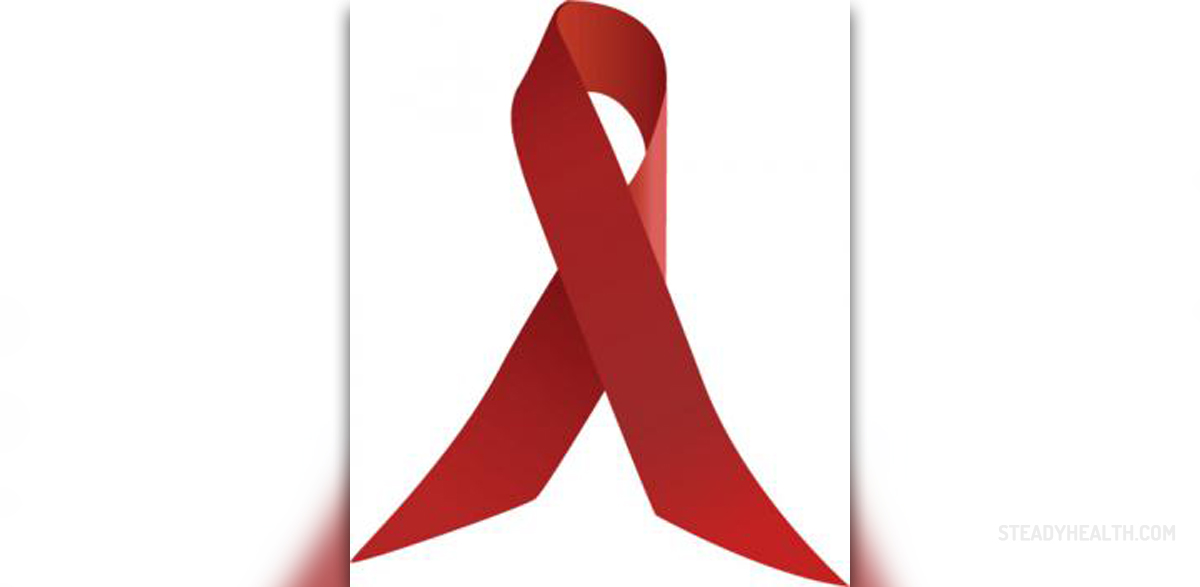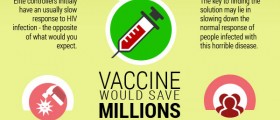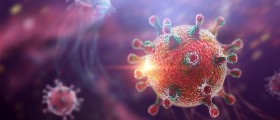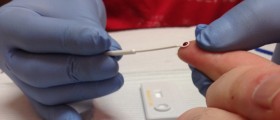
HIV
HIV or human immunodeficiency virus is a virus which causes acquired immunodeficiency syndrome also known as AIDS. The virus belongs to the genus of lentavirus. People who are infected by this virus gradually develop immunodeficiency and since there is no definitive cure for the disease the lethal outcome is inevitable.
The infection with HIV is classified as sexually transmitted disease. The spread of the virus occurs during unprotected sexual intercourse and any form of intercourse including vaginal, oral or anal. Additionally, the virus may spread from a mother to a child during pregnancy or breastfeeding and in intravenous drug abusers who tend to share needles.
AIDS is actually the terminal stage of the disease in which patients' immune system is completely ruined and they can die due to a slightest infection.
Today there is a variety of medications which can prolong lives of patients suffering from HIV. Still, none of them can actually cure the disease.
Symptoms and Signs of HIV
The symptoms and signs of HIV are related to gradual development of immunodeficiency. The virus particularly affects CD4+ T cells. Over the years, the number of these white blood cells decreases and the symptoms and signs become more obvious.
The infection goes through several stages, incubation, acute infection, latency stage and finally AIDS.
After the exposure to the virus the infection goes through the period of incubation. It lasts approximately 2 to 4 weeks. Acute infection is the following stage and it lasts about 28 days. This stage is followed by the latency stage. The latency stage unfortunately features with no signs and symptoms of the disease. It can last only two weeks or even expand to 20 years or even more. After the latency period a patient develops AIDS which is the terminal stage of the disease.
The patient develops symptoms and signs of the disease in acute stage of the infection. The major complaint is connected to mononucleosis or influenza-like like symptoms including increased body temperature, enlarged lymph nodes and sore throat. Apart from that patients can also develop rash, oral and esophageal sores and report pain in muscles. In rare cases patients can also complain about nausea and vomiting. Even headache may occur. Enlarged spleen is not so common. During this period some patients lose appetite and weight and some of them develop thrush or even more serious symptoms such as neurological symptoms. Finally, there are even patients who do not develop any of the previously mentioned symptoms and signs of the infection. The symptoms are not specific and doctors cannot suspect on HIV infection.
In the latency stage of the disease there are no symptoms and signs of the disease. Still the patient's body excretes viral particles and the spread of the virus is highly potent. Most people actually find they are HIV positive in latent stage of the disease and this is when they start the treatment.








_f_280x120.jpg)







Your thoughts on this
Loading...